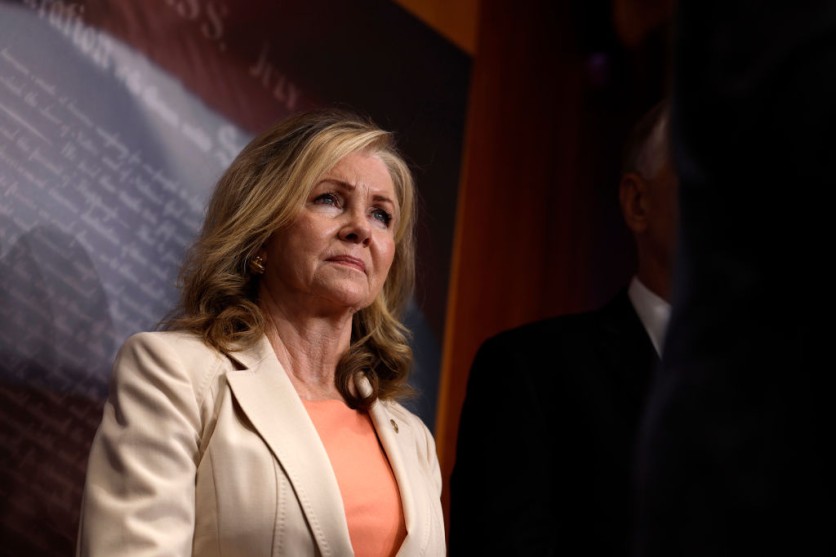Senator Marsha Blackburn, hailing from Tennessee as a Republican representative, expressed her worries regarding the potential impact of AI on songwriters and artists, especially women, and how it may curtail their recognition and achievements within the entertainment industry.

Marsha Blackburn: AI in the Music Industry
In a Senate Judiciary Committee hearing focused on the regulation of AI, Marsha Blackburn posed important questions to the witnesses, seeking ways in which Congress could safeguard the revenue generation for songwriters, musicians, artists, and entertainers amidst the looming threat posed by AI algorithms and cloning technologies.
During the hearing, she shed light on the concerning issue of generative AI cloning, using OpenAI's Jukebox as an example, a technology capable of imitating voices and melodies, Fox News reported.
This experimental AI system can be trained to replicate the work of individual artists, potentially leading to reduced compensation and recognition for the original creators.
During the discussion, Blackburn highlighted an incident involving country music icon Martina McBride and her experience with the music streaming platform Spotify, which employs AI to generate playlists based on users' preferred genres.
However, McBride faced a frustrating situation where she had to request a generated playlist a staggering 13 times before the female artist was finally included.
Blackburn expressed serious reservations regarding AI's immense influence in shaping people's musical preferences. She voiced concerns that algorithmically generated playlists might inadvertently restrict opportunities for emerging artists, female musicians, and specific musical genres.
Emphasizing the importance of equal promotion based on talent and achievement, she called for measures to ensure that all artists have a level playing field.
China's AI Advancements
Furthermore, Marsha Blackburn raised significant alarms concerning the Chinese Communist Party's rapid strides in the development and application of AI.
In particular, she pointed out that Chinese companies like ByteDance delve into AI music creation, potentially leading to the replication of original content created by American talents.
The senator stressed the need to safeguard artists and entertainers, advocating for fair treatment and promotion based on merit, mirroring the practices in Music City.
The impact of AI on the entertainment industry has become a topic of concern, with artists worried about the potential loss of recognition and compensation due to automated systems that shape what audiences hear and see.
As AI continues to advance, policymakers and industry stakeholders are exploring ways to address bias and ensure a level playing field for all artists. The discussion in the Senate Judiciary Committee is just one of the many conversations surrounding AI regulation in the context of the creative world.
Related Article : Computer Scientists Develop 'De-Stijl' Tool With Adobe to Help People Use Color Better in Graphic Design





